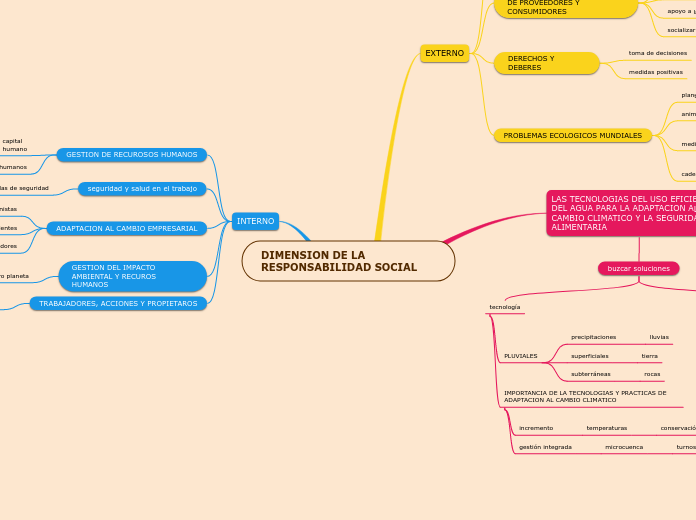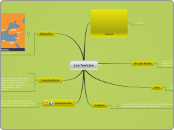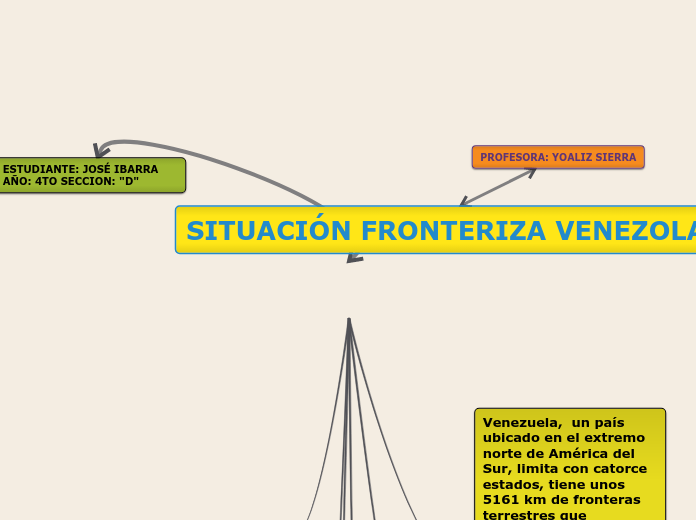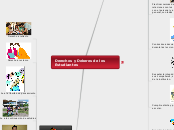DIMENSION DE LA RESPONSABILIDAD SOCIAL
In linguistics, syntax is the set of rules, principles, and processes that govern the structure of sentences in a given language, usually including word order.
INTERNO
A complex sentence is a sentence that contains an independent clause and one or more dependent clauses.
An independent clause can stand alone as a sentence, but a dependent clause even though it has a subject and a verb cannot stand alone.
TRABAJADORES, ACCIONES Y PROPIETAROS
Attributive clauses serve as an attribute to a noun (pronoun) in the main clause. This noun or pronoun is called the antecedent of the clause.
trabajo adecuado en una empresa
GESTION DEL IMPACTO AMBIENTAL Y RECUROS HUMANOS
An adverbial clause is a group of two or more words that function as an adverb in a sentence.
cuidemos nuestro planeta
ADAPTACION AL CAMBIO EMPRESARIAL
An appositive clause follows another noun or noun phrase in apposition to it; that is, it provides information that further identifies or defines it.
suministros de los proveedores
ingreso de clientes
capital de los accionistas
Add example
seguridad y salud en el trabajo
The subject clause is a dependent clause that acts as a subject.
prendas de seguridad
GESTION DE RECUROSOS HUMANOS
The object clause is a phrase on which a verb performs an action. It falls at the end of a sentence, and is governed by a verb or a preposition.
recursos humanos
capital humano
LAS TECNOLOGIAS DEL USO EFICIENTE DEL AGUA PARA LA ADAPTACION AL CAMBIO CLIMATICO Y LA SEGURIDAD ALIMENTARIA
buzcar soluciones
manejo integrado
tecnología
IMPORTANCIA DE LA TECNOLOGIAS Y PRACTICAS DE ADAPTACION AL CAMBIO CLIMATICO
gestión integrada
microcuenca
turnos de riego
incremento
temperaturas
conservación
PLUVIALES
subterráneas
rocas
superficiales
tierra
precipitaciones
lluvias
EXTERNO
PROBLEMAS ECOLOGICOS MUNDIALES
The attribute is defined as a quality or characteristic of a person, place or thing.
cadena alimenticia
medio ambiente
efecto invernadero
capa de ozono
animales
plantas
DERECHOS Y DEBERES
The predicative is defined as an adjective or noun forming or contained in the predicate.
Its main trait is that it serves to express a property that is assigned to a 'subject'.
For e.g.: The dog is old.
medidas positivas
toma de decisiones
RESPONSABILDAD COMERCIAL DE PROVEEDORES Y CONSUMIDORES
The predicate of a sentence is the part that modifies the subject in some way. Because the subject is the person, place, or thing that a sentence is about, the predicate must contain a verb explaining what the subject does and can also include a modifier.
socializar con los proveedores
apoyo a las empresas
buscar sinergias
diagnosticar actividades
COMUNIDADES LOCALES
The subject of a sentence is the person, place, thing, or idea that is doing or being something. You can find the subject of a sentence if you can find the verb.
Ask the question, 'Who or what 'verbs' or 'verbed'?' and the answer to that question is the subject.
servicios
bienes









